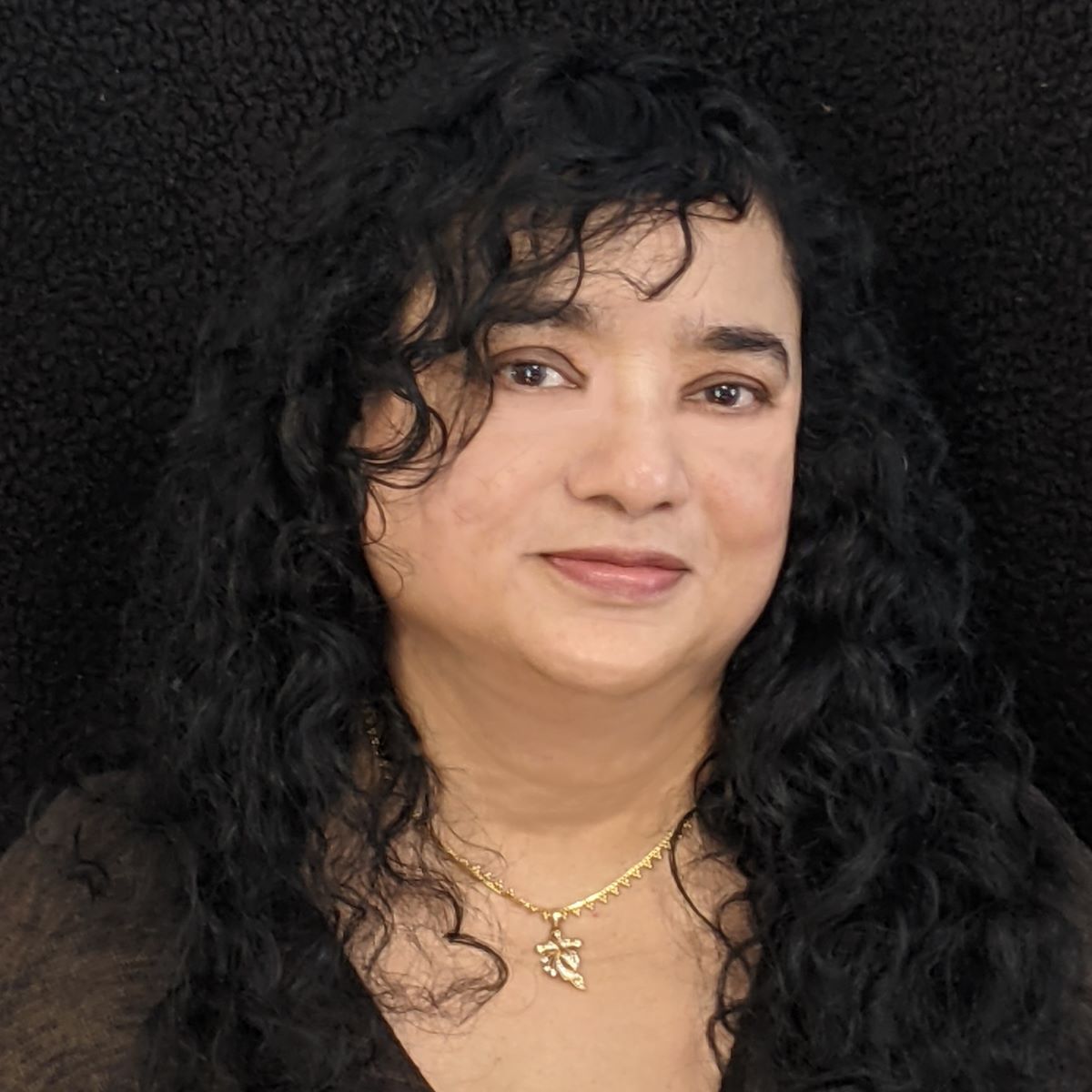Papia Bawa, PhD
Assistant Professor, Instructional Design

WRC 215
Directory Contact
Papia Bawa, PhD
Assistant Professor, Instructional Design
Describe an experience that reflects why you enjoy what you do.
One experience that reinforced why I enjoy what I do was working with a group of graduate students who were initially apprehensive about integrating technology into their instructional design projects. Through a scaffolded, hands-on approach, I guided them in using tools like Articulate Storyline to create interactive learning modules. As their confidence grew, they began to innovate beyond the requirements—experimenting with branching scenarios, accessibility features, and multimedia integration. Watching their transformation from hesitant learners to creative designers affirmed my passion for teaching and mentoring. It reminded me that empowering others with the skills and confidence to design meaningful, technology-enhanced learning experiences is not only rewarding—it’s why I chose this path in the first place.
What drove your interest in your discipline?
My interest in instructional design and educational technology was driven by a deep curiosity about how people learn and a desire to make learning more engaging, accessible and impactful. Early in my career as an educator, I became passionate about designing learning experiences that truly resonate with diverse learners. I was especially drawn to the potential of technology to transform education—whether through interactive media, adaptive tools or game-based learning. Over time, this interest evolved into a commitment to creating learner-centered environments that not only convey content, but also foster critical thinking, motivation, and real-world application.
What is your teaching philosophy?
My teaching philosophy is grounded in constructivism and cognitivism, emphasizing the importance of active, meaningful learning experiences that help students build and organize knowledge. I believe in creating inclusive, student-centered environments where learners are encouraged to explore, question and apply concepts through authentic tasks and collaborative engagement. By integrating technology, culturally responsive practices and ongoing reflection, I aim to empower students to become critical thinkers and lifelong learners.
What do you hope students learn from you?
I hope students learn to think critically and independently, developing the skills to analyze, synthesize, and apply knowledge in real-world contexts. I want them to gain confidence in their ability to navigate complex problems and embrace lifelong learning. Ultimately, I hope they cultivate curiosity, resilience, and a passion for continuous growth both personally and professionally.
PhD, Instructional Design and Technology, Purdue University
MSEd (Master of Science in Education), Instructional Design and Technology, Purdue University
MA, English Literature and Language
